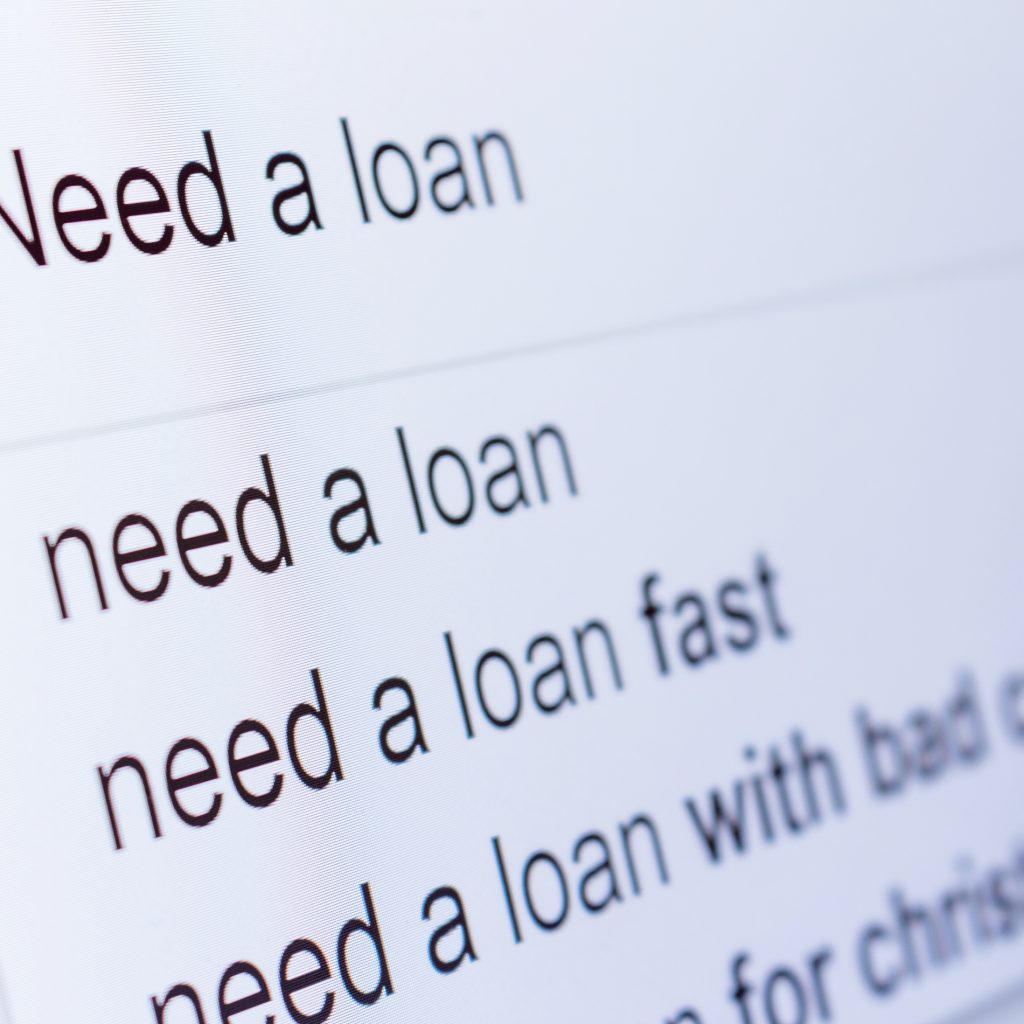How Does Credit Score Affect Mortgage Rate?
If you’re a first-time home buyer and you’re asking the question “Does credit score affect mortgage rate?” the simple answer is Yes.
The higher the credit score, the lower the mortgage rate. Therefore, bad credit will mean the home owner must pay higher interest rates for his or her loan. This could also mean the lender will require a much larger down payment for the home.
How Much Does Credit Score Affect Mortgage?
The best mortgage rates go to people with credit scores of at least 700 on the 300-850 scale. FHA mortgages, on the other hand, require all eligible borrowers to have a minimum of 500.
Prior to even applying for a home mortgage, you should obtain your credit reports from Equifax, Experian, and TransUnion; the major credit reporting agencies. You’ll be able to see any errors you can fix and whether you should attempt to improve the credit scores.
FHA Loans for Bad Credit
FHA-backed loans might be your best option if you haven’t purchased a home before and have bad credit. These mortgages have decent interest rates and fewer restrictions for borrowers and will deem prospective home owners eligible if they have credit scores of at least 580 and can pay a down payment of at least 3.5%.
Keep in mind, however, that overall mortgage rates will be higher if borrowing from the FHA. You will also be required to pay PMI, aka private mortgage insurance, premiums if you make a down payment lower than 20%.
Tips: Credit Scores Plus Higher Down Payment and Proof of Income:
Though it’s possible to get a good mortgage rate if you have proof of income and make a higher down payment, it’s better to try and improve your credit scores if they are under 700. Doing so before you apply for a mortgage will be extremely beneficial.
(READ ALSO: Will Closing Credit Cards Improve or Lower Credit Scores?)

